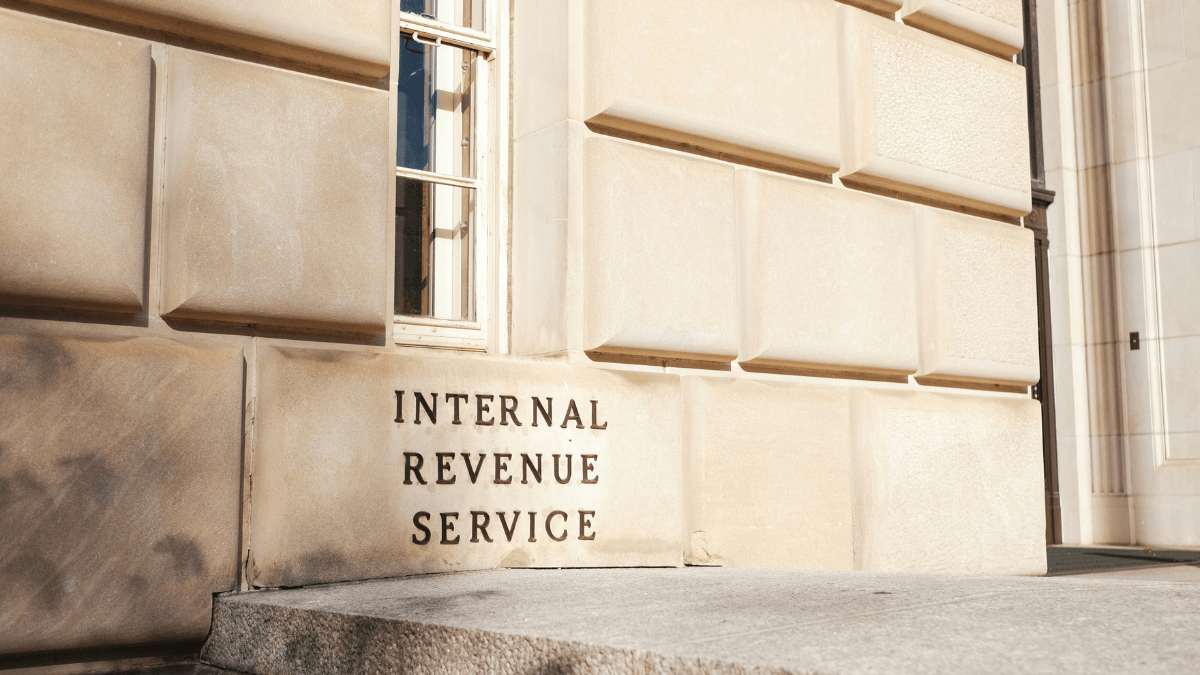In a surprise online poll now, billionaire business magnate Elon Musk asked whether funding for the Internal Revenue Service (IRS) should be axed. The question really couldn’t come at a worse time for the IRS, which has been asking for an additional $20 billion just to do its job right, raising some very real questions about the agency’s future and role in the federal budget.
The background of the Musk poll
Musk’s poll was inspired by comments from Deputy Treasury Secretary Wally Adeyemo, who pressed on the importance of the IRS getting the grant to prevent severe cutbacks in operations. Over the last couple of years, the IRS has struggled with lean budgets, and without this financial accommodation, Adeyemo insinuated that it would have to freeze hiring and scale back audits-most of all for rich individuals and corporations. The results of that polling were instructive-more than 60% wanted to completely eliminate the IRS budget, whereas a small fraction favored an increase over current levels or maintaining funding at its current level.
This public sentiment is thus increasingly cynical about how well and effectively the Internal Revenue Service works, with many, in fact, tending to view it as a prime example of government overreach. Musk has been chosen to co-head the new Department of Government Efficiency (DOGE) for President-elect Donald Trump, and plans to recommend large cuts in government spending.
Fully funding the IRS is essential.
Needless to say, it is really important, considering that government operations and services depend on it in relation to federal revenue collection. Currently, a considerable tax gap, presently estimated at $688 billion in 2021, is representative of the uncollected taxes owed by individuals and businesses. The gap really calls for very strong enforcement capabilities in order to make sure that there is better compliance with the laws of taxation.
Historically, the IRS had suffered from budgetary cuts that undermined its capacity to effectively audit tax laws. In this vein, the IRA invested an additional $80 billion over ten years in the IRS for strengthening audits and enforcement; recently, however, appropriations legislation threatened to claw back some of that funding. As many critics noted, the cut in the IRS budget “would yield a larger tax gap and thus larger deficits as a result of uncollected taxes”.
Arguments for and against abolishing the IRS funding
Whether to rescind IRS funding, of course, centers on two opposing ideas about government effectiveness and fiscal responsibility:
Arguments against providing funding:
- Overreach by government: The proponents explain that the IRS is an intrusion into the citizens’ private financial lives, which is unnecessary. Besides, they want a more simple tax system or even a flat tax rate, neither of which may require such a department.
- Fiscal conservatism: Advocates for Musk’s stance maintain that a reduction in government spending would yield economic growth and efficiency, and that money could be used more effectively elsewhere.
- Accountability issues: Others go to the extent of saying that government agencies such as the IRS have to be made more accountable and inefficiency warrants severe budget cuts.
Opposition against deleting funding:
- Revenue generation: The opponents describe that reductions to the IRS would impact its revenue collection ability and, therefore lead to increased deficits. Various studies show that every dollar put into tax enforcement brings in several more dollars in revenue.
- Impact on tax compliance: Reductions in funding may equate to reduced audits and less enforcement against high-income tax evasion, continuing the inequities of the tax system. These consequences would be particularly threatening to compliance among low-income people.
- Long-run fiscal health: Long-run fiscal health is partially made up of adequate IRS funding. Fairness in the tax system can pay greater dividends to all taxpayers since closing the tax gap increases fairness, and enforcement investment can pay for itself.
Read more: Last chance to apply for COVID-19 pandemic stimulus checks – Make sure you don’t lose your IRS money before it’s too late
Read more: IRS Form 1099-G in 2024: what is it, instructions, how to fill it out and where to apply for Certain Government Payments
